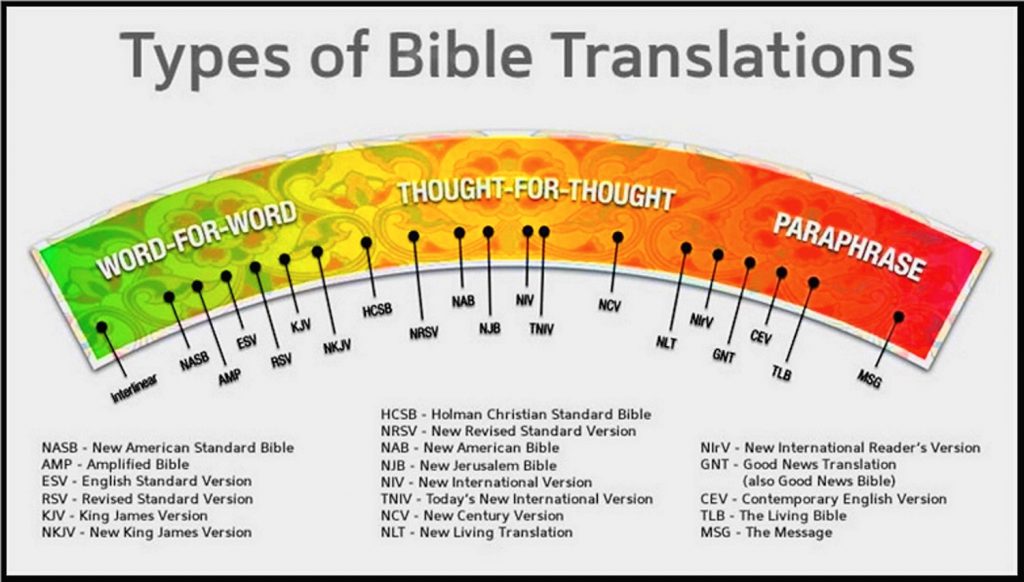Historical Context: Iranian Israeli

The relationship between Iran and Israel has been marked by deep mistrust and hostility for decades. This complex dynamic is rooted in historical events, ideological differences, and ongoing regional conflicts. Understanding the historical context is crucial for grasping the current state of affairs between these two nations.
The Early Years
The early years of the relationship between Iran and Israel were characterized by a degree of cooperation. Following the establishment of Israel in 1948, Iran under the Shah’s rule maintained diplomatic relations with the new state. Iran even provided Israel with oil during the 1956 Suez Crisis. However, this period of relative cooperation was short-lived.
The 1979 Iranian Revolution
The 1979 Iranian Revolution marked a dramatic turning point in Iran-Israel relations. The overthrow of the Shah and the establishment of the Islamic Republic under Ayatollah Khomeini ushered in a new era of animosity towards Israel. The revolution led to the severing of diplomatic ties and the escalation of rhetoric between the two countries.
“Israel is a cancerous tumor in the region,”
declared Ayatollah Khomeini, who viewed Israel as an illegitimate entity and a threat to the Islamic world. This sentiment has been a cornerstone of Iranian foreign policy ever since.
The Role of the Palestinian Issue
The Palestinian issue has been a key factor in shaping Iran-Israel relations. Iran has consistently supported Palestinian resistance groups and has condemned Israel’s policies towards the Palestinians. This unwavering support for the Palestinian cause has become a defining element of Iranian identity and a source of tension with Israel.
Regional Dynamics and Security Concerns

The relationship between Iran and Israel has significant implications for regional security, particularly in the Middle East. Both countries are regional powers with competing interests and have been involved in proxy conflicts, military buildups, and political maneuvering. Understanding the dynamics of their relationship is crucial for analyzing the broader security landscape in the region.
The Impact of the Iranian Nuclear Program
Iran’s nuclear program has been a source of major concern for Israel and its allies for decades. Israel views Iran’s nuclear ambitions as an existential threat, fearing that Iran could develop nuclear weapons capable of reaching its territory. This concern has led to a series of Israeli military actions, including the assassination of Iranian nuclear scientists and the bombing of Iranian nuclear facilities. The program has also contributed to a heightened sense of insecurity in the region, with many countries feeling compelled to increase their military spending and strengthen their alliances. The 2015 Joint Comprehensive Plan of Action (JCPOA), which aimed to limit Iran’s nuclear program in exchange for the lifting of international sanctions, provided a temporary respite. However, the US withdrawal from the agreement in 2018 and the subsequent reimposition of sanctions have raised concerns about the future of the program and its potential impact on regional stability.
Iran and Israel’s Support for Regional Factions, Iranian israeli
Iran and Israel have been involved in supporting different factions in regional conflicts, contributing to the complexities and tensions in the Middle East.
Iran’s Involvement
Iran has been a major supporter of the Syrian government in the Syrian Civil War, providing military and financial assistance. It has also been involved in supporting the Houthis in Yemen, providing them with weapons and training. These actions have drawn criticism from Israel and its allies, who accuse Iran of destabilizing the region.
Israel’s Involvement
Israel has been a vocal critic of Iran’s activities in the region and has been involved in supporting various factions opposed to Iran-backed groups. Israel has reportedly provided support to Syrian rebels fighting against the Syrian government, and it has also been accused of conducting airstrikes against Iranian-backed forces in Syria.
Military Capabilities of Iran and Israel
The military capabilities of Iran and Israel are significant, and their respective strengths and weaknesses contribute to the ongoing security concerns in the region.
| Capability | Iran | Israel |
|---|---|---|
| Active Personnel | 523,000 (active) | 176,500 (active) |
| Reserve Personnel | 350,000 (reserve) | 450,000 (reserve) |
| Tanks | 2,200 | 3,000 |
| Aircraft | 500 | 350 |
| Missiles | Thousands of ballistic missiles | Hundreds of ballistic missiles |
| Naval Vessels | Over 300 | Over 100 |
| Strengths | Large and well-equipped military, vast missile arsenal, experience in asymmetric warfare | Highly advanced technology, strong air force, sophisticated intelligence capabilities, well-trained and experienced military |
| Weaknesses | Limited air defense capabilities, reliance on outdated technology, lack of significant naval power | Small population, limited manpower reserves, vulnerability to asymmetric attacks |
Iranian israeli – The complexities of the Iranian-Israeli relationship are often mirrored in the intricate balance of work and comfort. A comfortable workspace can be a haven, a place to escape the pressures of a tense world. Perhaps, like finding a comfortable position on a adjustable laptop table for chair , a shared understanding between these nations can be found in the pursuit of a more peaceful and productive future.
The history of Iranian-Israeli relations is a tapestry woven with threads of conflict and cooperation, a story told in hushed tones and guarded glances. A perfect chair accessory table, like the one discussed in this article perfect chair accessory table , can be a source of both comfort and practicality, a symbol of the delicate balance between necessity and desire.
Perhaps, like the table, a bridge between Iranian and Israeli societies can be built, a space where dialogue and understanding can flourish.
